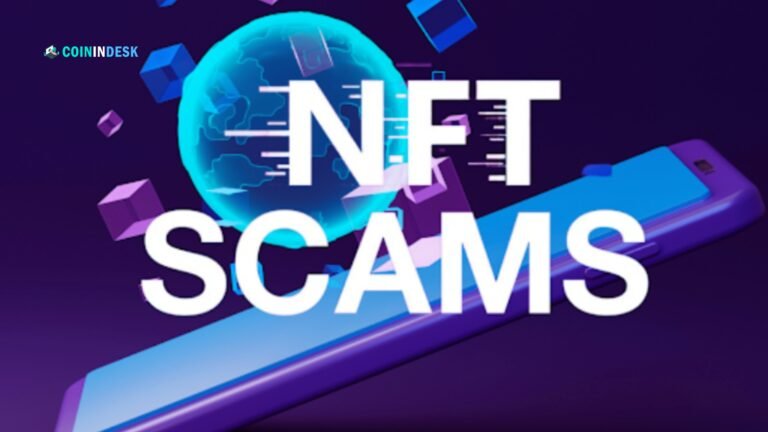The notorious cybercriminal ring, the Lazarus Group, has just released a complex scam using a fake NFT-based game to defraud cryptocurrency investors. This attack shows that the gang is still interested in taking advantage of digital assets and that standard software tools have weaknesses.
A North Korean state-affiliated cybercrime ring known as the Lazarus Group has a track record of using complex cyber operations to steal large quantities of cryptocurrency. Their alleged $3 billion in stolen crypto assets was amassed between 2017 and 2023. Notable attacks included the $600 million heist from the Ronin Bridge in 2022. The group’s commitment to this field and the consistent success of its digital currency activities show that it can take advantage of new technologies.
Scam Setup Fake NFT Game
The most recent fraud revolved around “DeTankZone” or “DeTankWar,” two play-to-earn internet games based on NFTs. Despite giving players a functional gaming experience, the game was a front for distributing the infection. Promoting the game through reputable outlets like LinkedIn and X (formerly Twitter) helped bring in tech-savvy players looking for new NFT gaming.
Exploitation via Chrome Vulnerability
This fraud relied heavily on a Google Chrome zero-day vulnerability. It was discovered that Chrome’s V8 JavaScript engine had a misunderstanding fault. The hackers exploited this vulnerability to install malware that could steal crypto wallet credentials. Because of this, they could gain access to users’ digital wallets and steal essential assets.

Rapid notification to Google followed the May 2024 vulnerability discovery, credited to Kaspersky Labs. The Lazarus Group successfully exploited the vulnerability and affected many people before the tech giant fixed it, which was within 12 days. This vulnerability was the eighth one found in Chrome that year, highlighting the crypto community’s ongoing dangers.
Implications for Crypto Investors
This instance clearly illustrates how crypto dangers are constantly changing. Complex scams using NFTs and blockchain games make it more challenging for even experienced users to spot malevolent intent. According to the event, accessing a compromised website can cause significant security vulnerabilities without downloading or installing anything.
Lessons for the Community
- Enhanced Vigilance: Crypto users must exercise increased caution, especially with play-to-earn games or NFT projects that are new or unknown. Even well-advertised platforms can be fronts for malicious activity.
- Software Updates: Keeping browsers and other software up-to-date is essential, as patches for vulnerabilities are typically released soon after discovery.
- Security Measures: Employing robust cybersecurity tools and browser extensions to block potential malware is an effective preventive measure.
Broader Consequences for the Blockchain Space
As the Lazarus Group’s activities show, another more significant threat to the blockchain ecosystem is the difficulty of balancing decentralization and sufficient security measures. Possible consequences of the recent uptick in blockchain-based frauds include decreased investment interest and stricter regulatory oversight. Decentralization has many benefits but will only be widely adopted if consistent security procedures maintain confidence.
In Summary
A fake NFT game used by the Lazarus Group to penetrate cryptocurrency wallets showed the rising risks of digital assets. This tragedy underscores the need for crypto investors to be informed, cautious, and follow internet safety guidelines. The blockchain community must collaborate to combat these threats to develop and survive.
[sp_easyaccordion id=”5523″]


